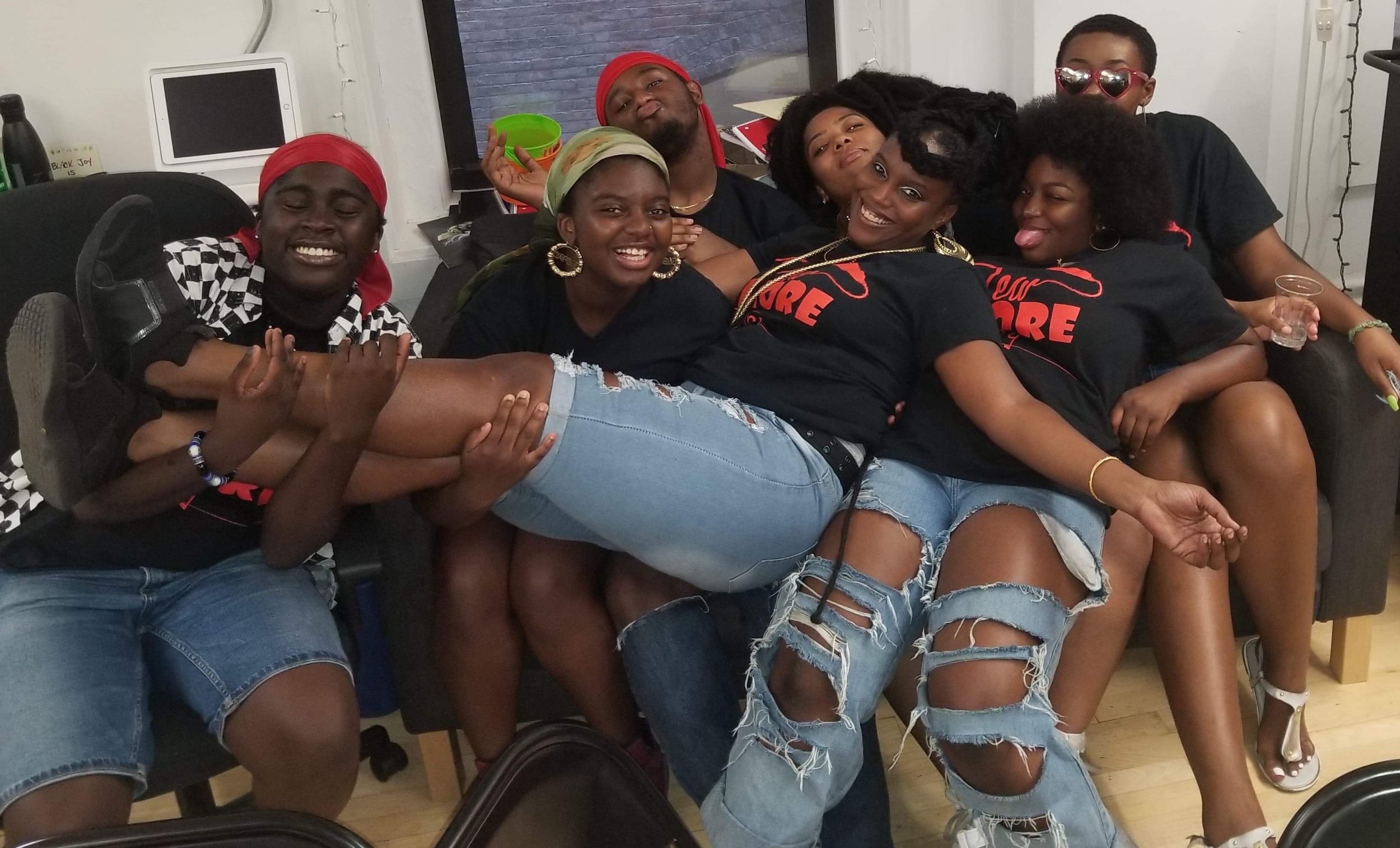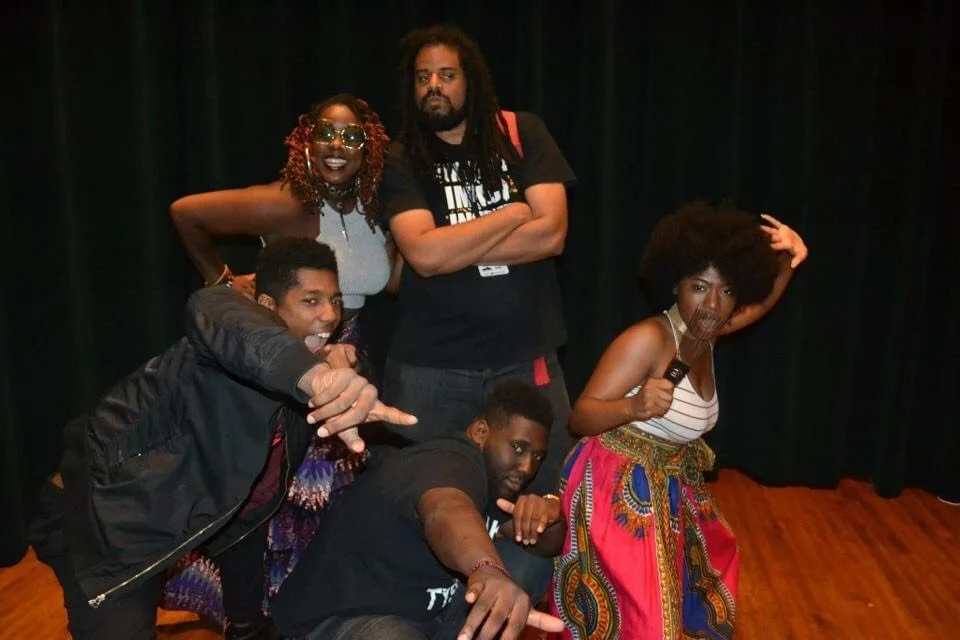
About Us
Our Mission
DewMore seeks to foster civic engagement with historically marginalized peoples through innovative art-focused programming and community organizing via purposeful partnerships with community organizations, schools, and governmental agencies that foster empowerment, capacity for change, and community development.
Our Vision
DewMore aims to leave individuals and communities in a more actualized, engaged, and connected condition.
Our Values
We acknowledge that all individuals and communities have a voice, potential for valuable contribution, and responsibility to actively engage.
We seek to amplify the voices of communities who have historically been marginalized and disenfranchised.
We work to empower communities with tools and resources that allow them to address their needs as well as benefit their growth and development.
We will not allow other entities to dictate the focus on DewMore programming and the fundamental goals of grassroots support.
We will only seek and accept support from organizations and entities that are consistent with organizational values.
Our Philosophy
The key to increasing civic engagement is ensuring people understand the relationship between community and individuals and consciously accept their role and responsibility in the relationship.
DMB believes that civic engagement is the primary indicator for the overall wellness of any major city. It is the awareness and involvement of residents that ensures that major social institutions such as local government and public schools, which act as the central pillars in our society, are functioning at maximum efficiency.
It is also DMB’s belief, that in order to re-engage residents in a manner that will produce outcomes that support the growth of a healthier city it will take an intentional creative process that develops necessary skill-sets and a civic consciousness while providing residents community friendly opportunities to support their neighborhood and become an engaged citizen.
We believe poor voter turnout, poor parent involvement in schools, a declining participation in neighborhood associations, poor individual and merchant financial commitments to neighborhoods and an overall lack of community engagement is a major cause of the social deficiencies many nonprofits and city agencies are struggling to address.




